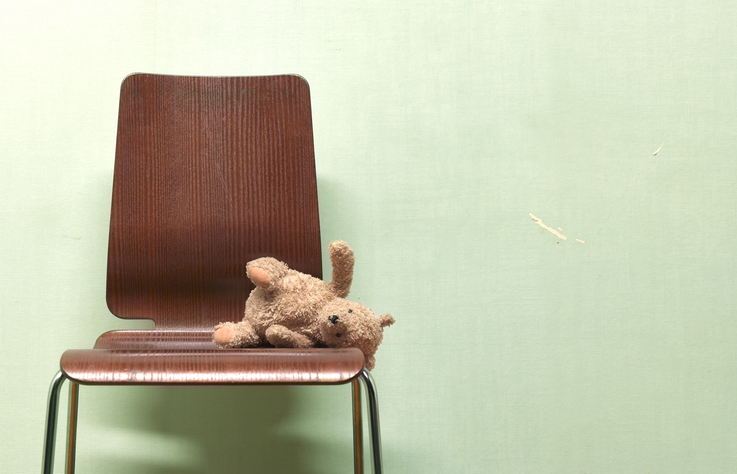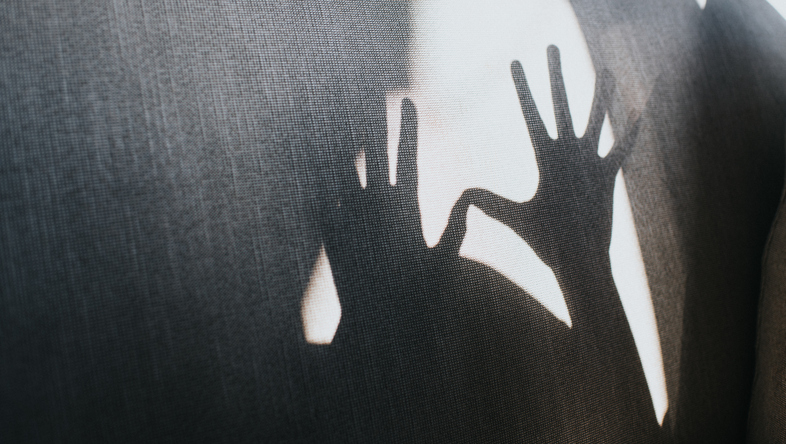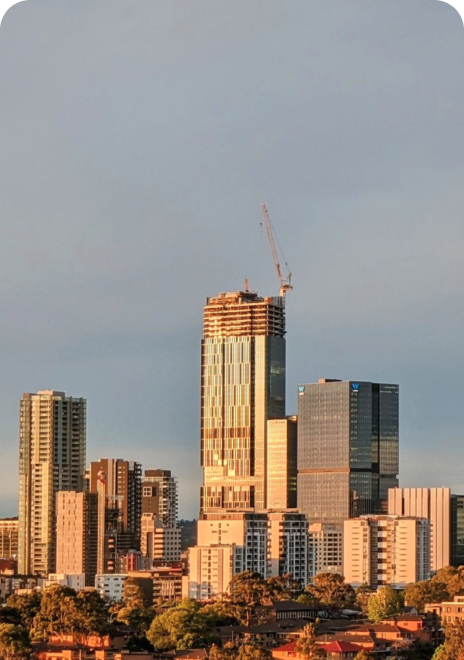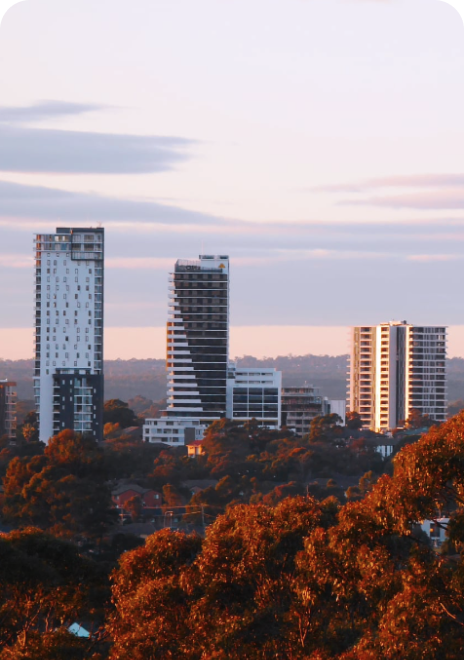Institutional abuse is any form of harm – physical, emotional or sexual – that occurs in an institution like a school, orphanage, church or any other care facility. Unfortunately, the Royal Commission into Institutional Responses to Child Sexual Abuse found that the extent of child sexual abuse in Australian institutional settings is significant.
If you or your loved one was subjected to institutional abuse – especially in the past – you can be compensated for the pain and suffering. But there are specific criteria you need to meet to get the compensation amount.
Always consult an institutional abuse lawyer to assess your eligibility and success chances.

Am I Eligible to Make an Institutional Abuse Claim?
In Australia, you can make an institutional abuse claim if you or someone you know was abused while in the care of an institution. Here are the parties who are eligible to make such claims:
1. Survivors of Institutional Abuse
First and foremost, anyone who was abused while in the care of an institution is entitled to make an institutional abuse claim. This can be any form of mistreatment – physical, emotional or sexual. For many survivors, the first step towards healing is seeking justice and recognition for the abuse they’ve endured.
Whether you were a child in a foster home or a vulnerable adult in a care facility, if you were harmed while under the institution’s care, you may have a claim. It doesn’t matter how much time has passed – as long as the institution failed to care for you, it’s possible to seek compensation.
2. Children Who Were Placed in Institutional Care
Most institutional abuse claims are made by people who were children when they were abused. This can include situations where children were placed in orphanages, foster homes or other care facilities and were abused in various ways.
For children, the responsibility lies heavily with the institution that had legal care over them and there are laws in place to hold those institutions accountable. If you were a child in an institution and were abused, you can make a claim even if you’re now an adult. It’s not just children who are at risk in institutions.
Vulnerable adults—whether due to age, disability or mental health conditions—are also at risk of institutional abuse. These individuals may have been placed in care because of their circumstances and may have been mistreated.
Making a claim can be a bit more complex for vulnerable adults, especially if they can no longer speak up for themselves. However, their legal guardians, advocates or support workers may step in to help file a claim on their behalf.
3. Family Members and Legal Guardians
Sometimes, the victims of institutional abuse are no longer able to make a claim themselves. This may be due to death, mental incapacity or any other factor that prevents them from filing a claim. In these cases, family members or legal guardians can step in and pursue the claim on behalf of the survivor.
Family members who were directly affected by the victim’s abuse can make the claim. For example, if someone’s parent or relative was abused in an institution but didn’t live long enough to seek justice. In that case, the surviving family members can carry on that legal battle.
Also, if the survivor couldn’t make a claim during their lifetime, their estate or a legal representative may file a claim posthumously. This is common for cases where institutional abuse went unrecognised for many years, often due to societal or systemic silence around the issue.
4. Historical Institutional Abuse Claims
For many victims, it took years or even decades for their voices to be heard. Historical institutional abuse claims can include anyone who was abused in an institution in the past, even if the incident occurred many years ago.
If you were a victim of abuse in an institution before the laws changed to offer better protections, you may still be entitled to compensation.
Fortunately, Australia has set up programs like the National Redress Scheme (NRS), which helps survivors of historical abuse seek financial redress. This scheme allows people to apply for compensation for abuse that occurred before 2018, which may not have been addressed through other legal avenues at the time.
5. Legal Representatives Who Advocate for the Victim
Not everyone can pursue a claim themselves, whether due to age, mental health issues or incapacity. In these cases, a legal representative or advocate can act on behalf of the individual. They can be lawyers or anyone with a legal power of attorney. They will do the claim, all the legal work and speak on behalf of the victim.
What Evidence is Needed for an Institutional Claim?
To make an institutional abuse claim, the claimant typically needs to show that the institution was responsible for their care and that it failed in its duty to protect them. This means providing evidence of the abuse, such as:
- Medical records
- Police reports
- Witness testimonies
- Any other documentation that proves the abuse occurred while the individual was under the institution’s care
Even if you don’t have all the evidence, a lawyer specialising in these cases can help you find it. At Wyatts, we have a team of institutional abuse lawyers to assist you in navigating the legal process and understanding the complexities.
How Can Institutional Abuse Lawyers Help?
Making an institutional abuse claim can be emotionally and legally complex, and it’s crucial to seek professional legal advice before proceeding. Our institutional abuse lawyers can help you with:
- Assessing the Facts. We will review the details of the abuse, such as the institution involved and the nature of the mistreatment, to determine whether there is enough evidence to support a claim.
- Identifying the Right Type of Claim. Depending on the case, we will help determine if a civil claim, criminal case, or application for redress through programs like the National Redress Scheme is appropriate.
- Gathering Evidence. We will assist in collecting necessary documents, such as medical records or witness statements, and even help track down evidence from older cases where physical evidence may be limited.
- Providing Legal and Emotional Support. Along with legal expertise, we offer emotional support, helping you feel heard and supported throughout the process.
- Evaluating Success Potential. We honestly assess the claim’s likelihood of success, managing expectations and suggesting alternative options if necessary.
Whether you are a survivor yourself or a family member advocating for a loved one, you are entitled to make an institutional abuse claim in Australia. Contact Wyatts’ experienced institutional abuse lawyers at 1800 773 880 to find out whether you’re entitled to make a claim.





